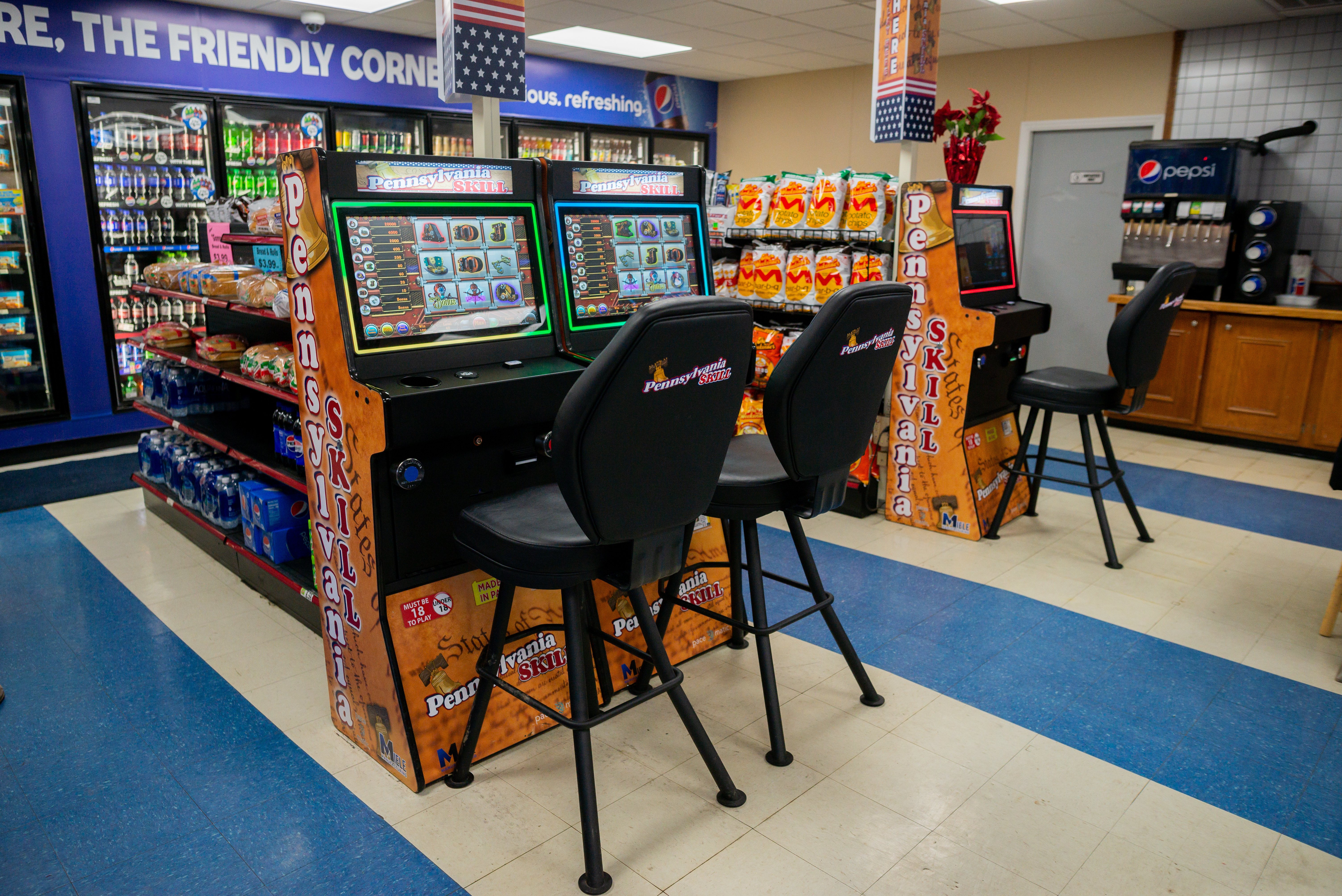Source: "Penn-Live, Let’s stick to the facts about skill games, not the nonsense from opponents | Opinion"
It seems everyone in the state Capitol has an opinion on skill games. Unfortunately, some don’t know the facts or are purposely spreading falsehoods to mislead the public.
Many legislators understand that skill games are legal and benefit Philadelphia, Harrisburg, Pittsburgh and places in between. They know the games help businesses and fraternal clubs make ends meet, stay open, and even thrive at a time when prices are skyrocketing.
The games also allow struggling volunteer fire companies, a bedrock of our communities, to make supplemental revenue to pay for equipment, maintenance and other expenses.
Gov. Josh Shapiro and most legislative leaders understand how important the games are to the state and have been fighting to create a safe, regulated, taxed, and profitable skill game market in Pennsylvania.
However, others are either ill-informed or don’t have the best interests of small businesses in mind. They trot out statistics from the American Gaming Association without revealing that this is a casino-run organization that gets paid to fight against skill games.

They also want skill game regulation to fall under the Pennsylvania Gaming Control Board (PGCB) instead of the Department of Revenue. The department makes sense because it already regulates the Pennsylvania Lottery, which like skill games, has machines in similar locations and retailers across the state.
The darker reason some lawmakers who oppose skill games may support regulation through the PGCB is that they know the organization is against skill games. The PGCB has had inappropriate and potentially illegal conversations with casinos that were never disclosed. This is not a group that should be making decisions on skill games.
It’s time to stop placating all the misinformation by opponents. Their arguments are nothing more than attempts to hurt the skill game market at the behest of big out-of-state casino companies.
One clear example of this is the casino industry’s latest ploy: it doesn’t want to pay taxes. The industry filed a lawsuit claiming if skill game locations, such as VFW posts, don’t pay a 54% tax, neither will casinos. Their maneuvering has nothing to do with skill games and everything to do with wanting to increase the casinos’ already record-breaking profits.

Another tactic opponents take is to attempt to push slot machine technical qualifications on skill games when it is impossible to do so. With a skill game, a player must have the opportunity to win every time they play. When politicians and regulators attempt to impose return-to-player percentage requirements, they signal their intent to ban skill games.
Slot machines have compensating algorithms built into their software, which are math models that determine whether a player wins or loses. Skill games do not have compensating algorithms and allow players to use their ability to win.
Pennsylvania Skill games are legal, but now we need to regulate them. For years, the skill game industry has been asking to be further regulated and taxed. That is why we support Senate Bill 706 and House Bill 2075. The legislation calls for a 16% tax on skill games, which would generate $250 million in taxes in just the first year. If the tax goes much higher, however, small businesses and fraternal groups will not be able to afford the high tax and will remove the games, resulting in far less revenue for the state.
The legislation is embraced by Republican and Democratic lawmakers, from rural, suburban and urban parts of the Commonwealth. Some of our state’s most liberal, moderate, and conservative state elected officials agree on regulating and taxing skill games.
Some lawmakers are lumping all the games they see into one category. But that is a mistake. Supporters understand that legislation will not only help law-abiding small business owners but will rid the state of illegal games, those that fill mini-casinos and are a blight on communities. The legislation also includes safeguards to protect the public and ensure minors are not playing the games.

Skill games have meant fewer restaurants and bars going out of business, fewer closed veteran posts and fewer struggling fire companies. But the positive impacts don’t end there. Skill game locations also support their communities by donating to charitable causes including parades, parks, youth sports, homeless shelters, veteran support groups and much more.
Unlike casinos, over 90% of the revenue from skill games stays right here in Pennsylvania, most of it in the communities where the games are located.
But opponents don’t want to focus on that. Nor do they want to talk about the good legal skill games do: the small grocery store chain that can pay for health benefits, a tiny American Legion post that can help fund a community park and a restaurant that now offers a 401(k) and eye and dental care to its staff because of skill games.

I recognize we are in the midst of a contentious political climate. It can be difficult to tune out the noise and hear the truth when the rhetoric is flying around. I implore lawmakers to focus on the facts about skill games and disregard the nonsense.
Source: "Penn-Live, Let’s stick to the facts about skill games, not the nonsense from opponents | Opinion"



.png)
